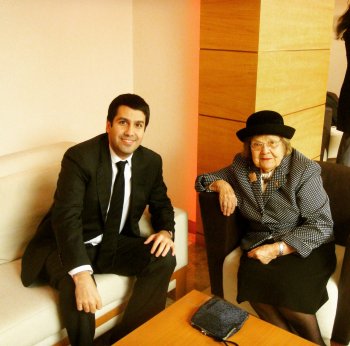The traits of the Japanese culture that I envy
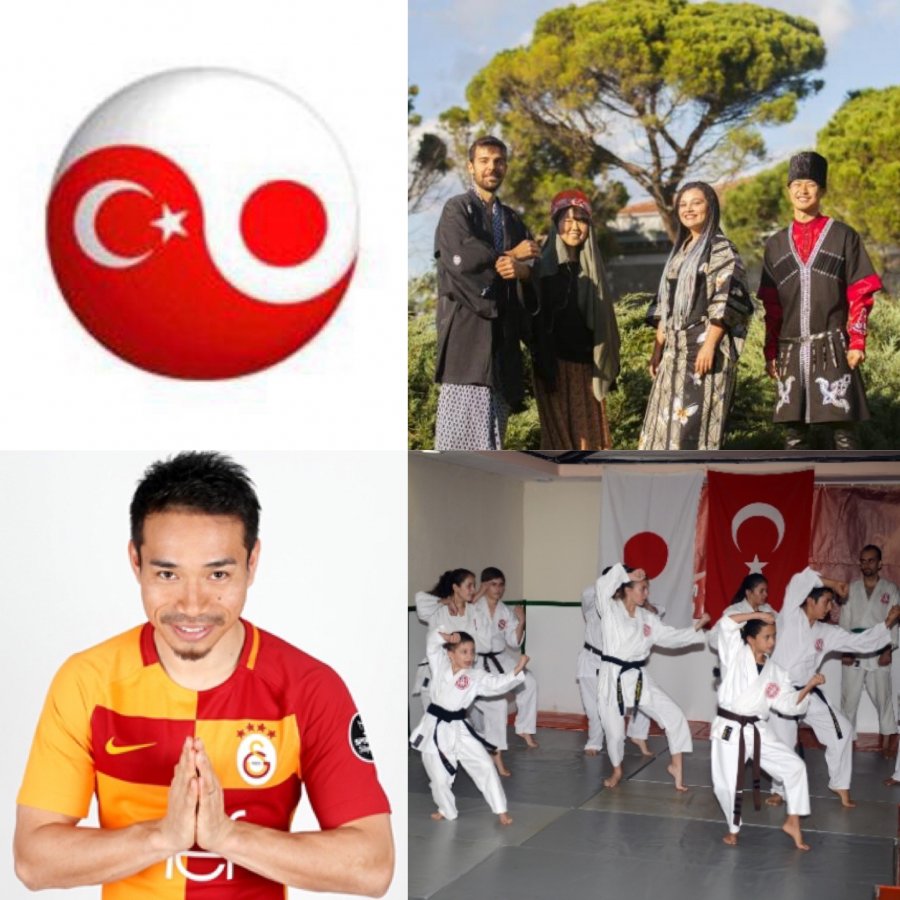
Recently, I found myself citing the Japanese at an interview. I explained how attentive they are especially in the master-apprentice relationship, and how the transfer of knowledge takes place in an environment of respect and love, which provides a suitable ground for learning. While I was citing this, I also mentioned the many elements that I had observed with envy in the cultures of the Japanese, which are almost diametrically opposed to us.
Presumably our cultures differ enormously due to the large geographical distance. However, in the past, our ancestors in Central Asia even came across each other because they shared a similar geography. However, in that geography, Central Asian Turks, Chinese, Japanese and Koreans had fought many times in their history and there were events that reached the level of massacre. In fact, the English name of the Japanese "Japan" comes from our word "Yaban". Let me emphasize that for our foreign readers who do not know this, the word "Yaban" is used in the sense of "wild foreigner" in old Turkish. The Japanese, who know this, don't really like the word "Japan" anyway, they even say "Call us Nippon". Apart from this information, our subject today is not the wars in the past or the troubles currently experienced in the region. The subject of this article is the unique culture of the Japanese, which we can also refer to as "the Germans of Asia", but which makes them different in many ways and ensures that their countries are always innovative and prosperous despite some excesses…
I also cannot go on without mentioning that the Japanese and the Turkish originate from the same family. The grammatical structure of both languages belonging to the Ural Altaic language group is very similar. Therefore, it is relatively easy for Turks to learn Japanese and for Japanese to learn Turkish. I can say that I have Japanese friends who live in Istanbul and speak great Turkish. All of them tell me that it is very easy for them to learn Turkish. On the contrary, my friends who speak languages of Latin origin always talk about how difficult it is to learn Turkish.
As a result, I went online to collect these different cultures, many of which I know, and I compiled the following findings to share with you. Here are the cultural characteristics and customs of the Japanese that I have followed with envy and wished we were like this:
● The Master-Apprentice relationship
People who have experienced disciplines such as karate and aikido would know. The master-apprentice relationship in Japan is something else. Japanese masters ensure that the appropriate state of mind is created in students to learn. Surrendering is important. This is actually the first test. Sensei (which equates to "teacher") cannot share the techniques he has learnt and received from his own teacher with everyone. However, because he also wants to continue the traditions, he is often stuck.
The submission period is one of the most important periods in the master-apprentice relationship. Although an apprentice may specialise in their own style, his style will still carry the influence of his teacher. He will forever respect the teacher who has reached the level of master ship. If the master trains someone who has more superior features than himself, he is considered to have reached the level of mastery.

What happens with us? In our country, the apprentice generally respects his master until he thinks he has received everything in terms of education. As soon as he believes he is in good shape, he tries to disable his master and starts not to show the same respect. Japanese apprentices will forever cherish the honour of their master’s name whilst in Turkia, apprentices will "ensure the prominence of their names" by attempting to remove their masters name or value. In fact, they do not hesitate to criticize or humiliate their masters for this. Of course, this is not true for everyone. There are also exceptions in our country. I'm talking about the current master-apprentice relationship in general.
Maybe it was not like this in the old Anatolian culture, but unfortunately, we witness really distorted master-apprentice relationships in our corrupt culture over time. That is why many jobs that require mastery or the perspective of those with an innovative mindset that we are proud of in our own culture cannot be transferred to the next generations.
Speaking for myself, just because of this, I tend to lose my motivation. Because there are so many things I want to do; I can build sustainable structures from scratch that will be very beneficial to humanity, homeland and the nation, but will it be worth all the difficulties I have and will go through? This question is always on my mind!
Because the sequence of works and the glow of success, which is highly praised around the world, can sometimes slide the shaft of the person to whom you hand over the flag. Even people you think are of good intentions and solid characters can get off the rails. Still, I am hopeful for the future. There is a solution to this too. Of course, one needs to be more patient.
● When they make a mistake, they first look at themselves for blame
Due to their character, the Japanese adopt a life of dignity. That's why they even have a tradition like harakiri (abdominal suicide with a knife) when they make a critical mistake and it becomes condemned by society. Of course, harakiri is a marginal example, in this period we live in, we do not recommend harakiri to anyone. The main theme I am trying to explain here is; You can solve chronic problems by taking responsibility rather than looking for the blame in others. In my opinion, dignity and honour is very important, as so in the Japanese culture.
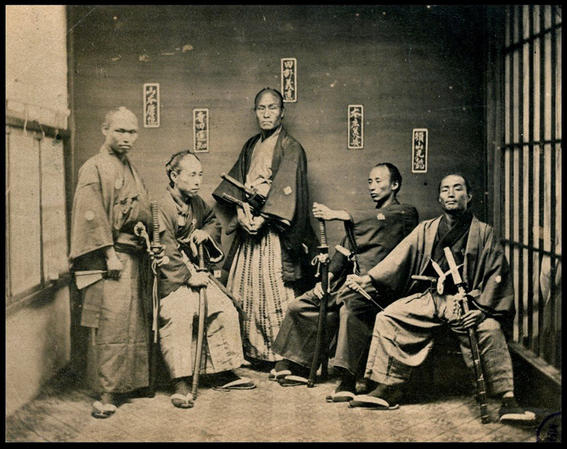
● Their perfectionism
This is the classic feature of the Japanese. Whatever happens, the guys do not break a set of principles. For example, the Japanese are among the most punctual nations in the world. Even its trains are among the most punctual in the world, with an average delay of 18 seconds.
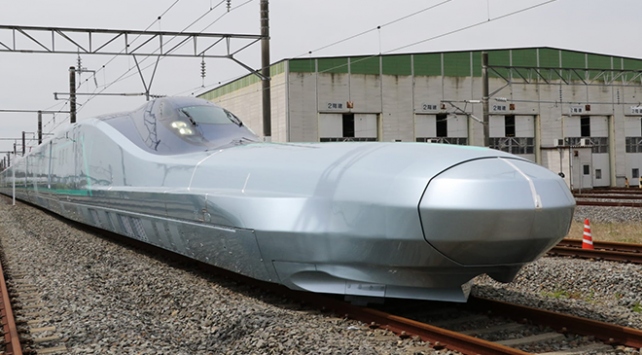
● Earthquake awareness
There are around 1500 earthquakes of various sizes in Japan every year. If we had these earthquakes, we would be destroyed, I don't even want to think about the consequences. Advanced building technologies, emergency disaster action plans, professionals to implement it, and the public trained for the earthquake minimize the effects of the earthquake. I hope this for us too.
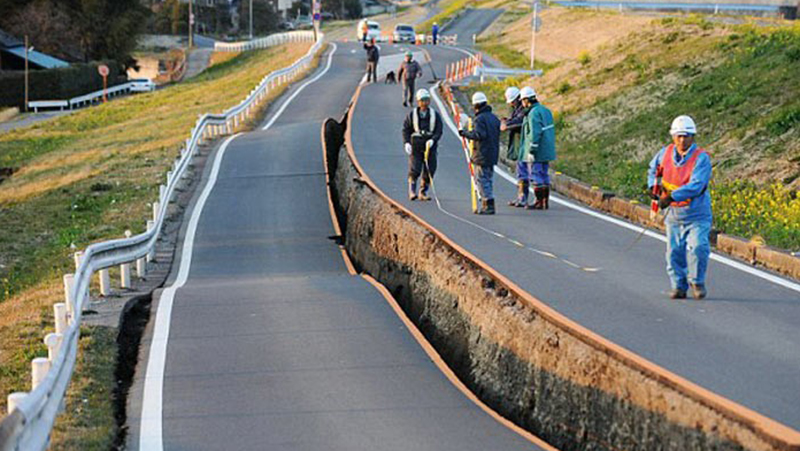
● High literacy rate
The literacy rate in Japan is 100%. You did not read wrong. The whole country is literate. Of course, when we say literacy, we are talking about the Japanese alphabet, which is much more comprehensive and difficult than Latin letters. There are undergraduate and graduate graduates exceeding 50% in Japan. Imagine the level of education in these guys.
Thanks to its education systems, there are Japan's 19 Nobel prizes today, the top 50 in the world rankings, the Tokyo and Kyoto Universities, which have achieved global success, and numerous international companies such as Toshiba, Hitachi, Toyota, Honda, Suzuki, where they can pursue a career after graduation.
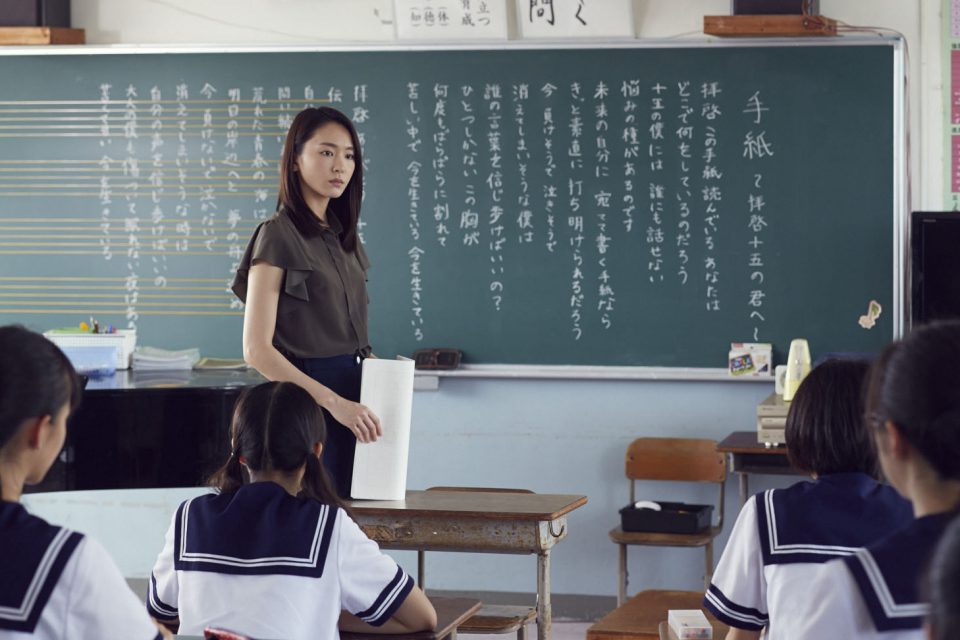
That is why the Turkish-Japanese University of Science and Technology has recently been established. We Turks envy the Japanese's educational level and innovative approach. You can read the details on their website: https://www.tju.edu.tr/
Of course, I also think that we can reach their level, or even surpass them. Maybe in the future, on the contrary, we will support them in terms of science and technology. We can achieve this as long as people like us who think differently and try to do something for humanity are cherished and supported instead of being a hindrance.
● Long life
Longevity has become synonymous with Japan. Looking at the age statistics of the population of Japan, as of August 2019, it is known that there are over 70,000 Japanese citizens aged 100 and over, and approximately 18,430,000 (i.e., approximately 14.6% of the population) aged 75 and over. **
Therefore, to honour the elders of the country, a "respect for the elderly day" is organized every year and declared a national holiday. We should all follow the Japanese recipes for living a healthy life.

● 20 different ways to apologize
The Japanese consider apologizing an indisputable virtue and there are at least 20 different patterns of apologizing. While traditional apology, naivety and humility reflect the characteristics of the Japanese people, everything from public employees to celebrities, government employees to corporate executives develops within the framework of tolerance, kindness and respect. Another method of apologizing after a mistake is to shave the hair so that no distinction is made between men and women.
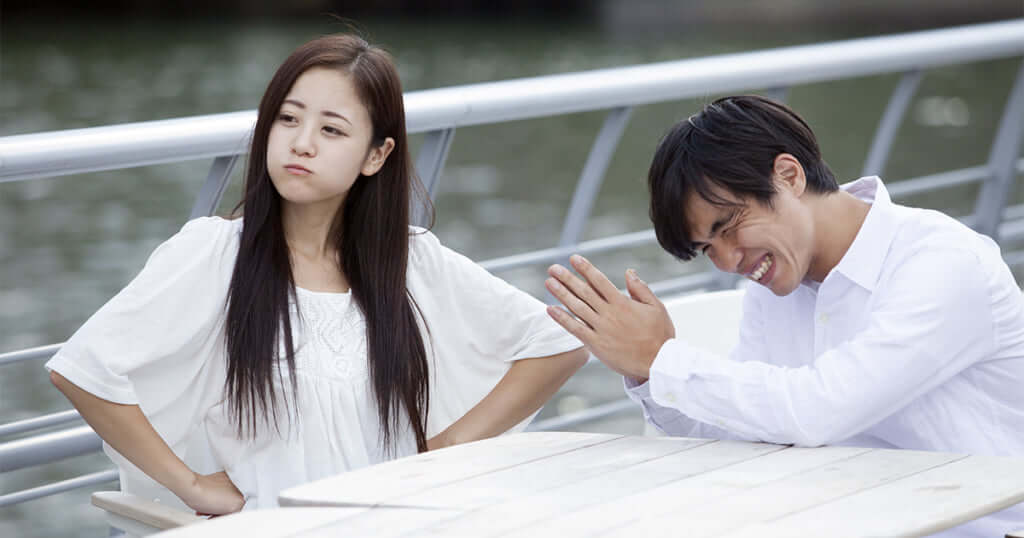
● The land of robots
It is worth noting that the Japanese are the world's largest robot manufacturer, and even half of the world's more than 800,000 industrial robots are located in this country. While one of the biggest reasons for the increase in the number of robots is the declining young population, it is predicted that the number of robots working as workers by 2020 will exceed millions. Robots are designed for use in many different areas; They are divided into groups such as human robots, androids, four-legged animal robots, social robots and guard robots. Among the best known of human robots are ASIMO produced by Honda, QRIO produced by Sony, EMIEW produced by Hitachi.
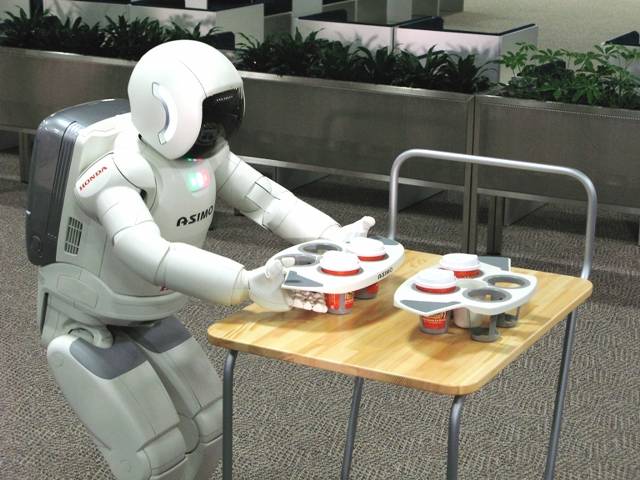
I also once wrote about the best birthday gift I ever received from my father which was from Japan which was the Tomy robot. For those interested, I am sharing the link to this blog post: https://www.serhansuzer.com/en/my-twin-and-tomy-the-robot
● The Value given to animals
There are more pets than children in the country. Of course, as a person who loves both children and animals, I take my hat off to the culture of keeping animals alive.
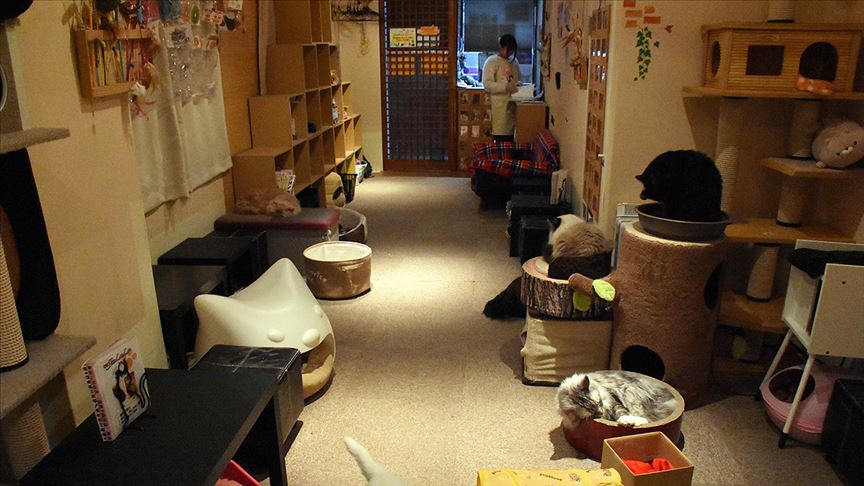
Here is another concept belonging to the Japanese culture. "Animal Cafe" where you can play with the animals
● The importance they give to nature and plants
Being an island country known for its natural beauty, the Japanese generally take care of their nature and environment. Traditional Japanese buildings are all in one with nature. It even has artistic plants: Bonsai.
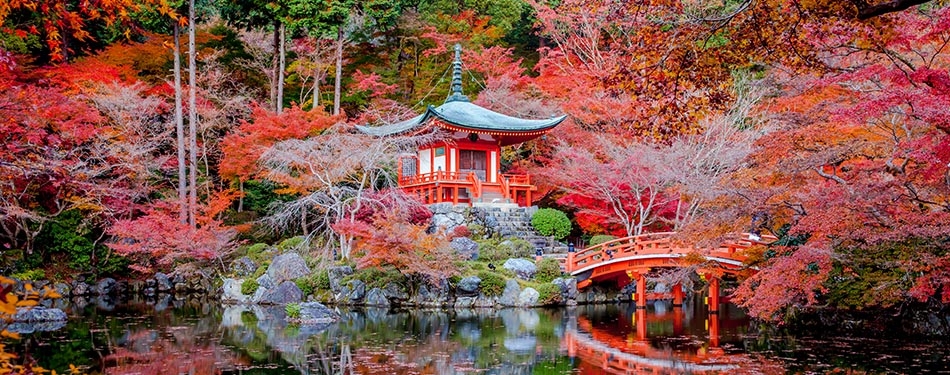
My only criticism here is that the Japanese government failed to manage the disaster situation after the Fukushima accident and refused to shut down the nuclear power plants afterwards. I'm sure the Japanese people suffer from this situation.
● Being very hard working
In Japan, it is natural to start working in the early hours of the morning and work late. Business ethics are in another dimension. They can work very intensively without any breaks due to their job.
It is even usual for Japanese who work until late to take a nap and then continue working again. After all, it is important for the Japanese, who get exhausted from working, to take their sleep and then work at high efficiency.
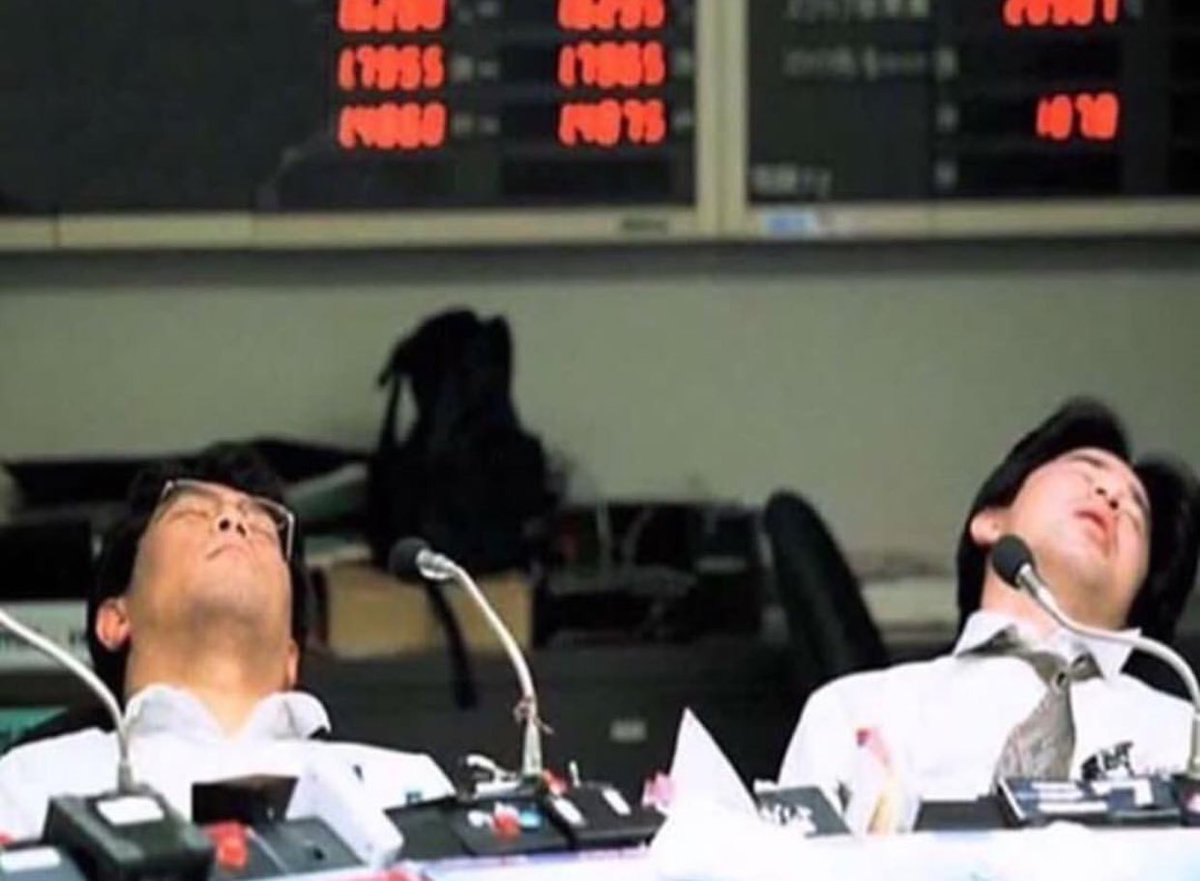
● Freedom
Japan is one of the 5 countries that have not been colonized by Europe. Others are Liberia, Thailand, South Korea and North Korea. We Turks have a similar history. They would give their life for freedom, which is an important character structure to have.
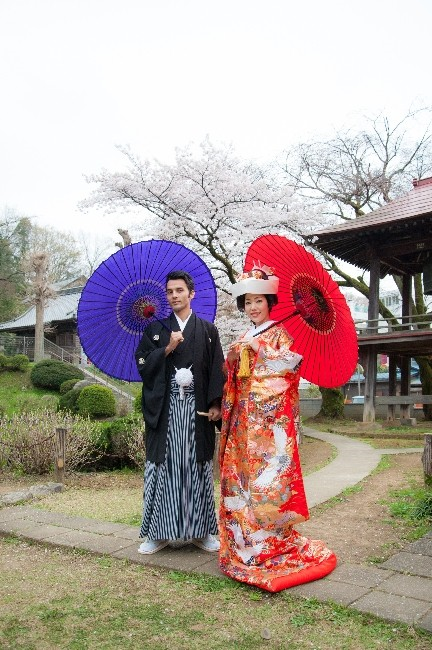
● Low unemployment
While we consider it successful to reduce the unemployment rate below 10% in our geography, the unemployment rate in Japan is 2.4% **
Considering the importance given to robots in the country and the disappearance of blue collars day by day, this ratio is even more remarkable.
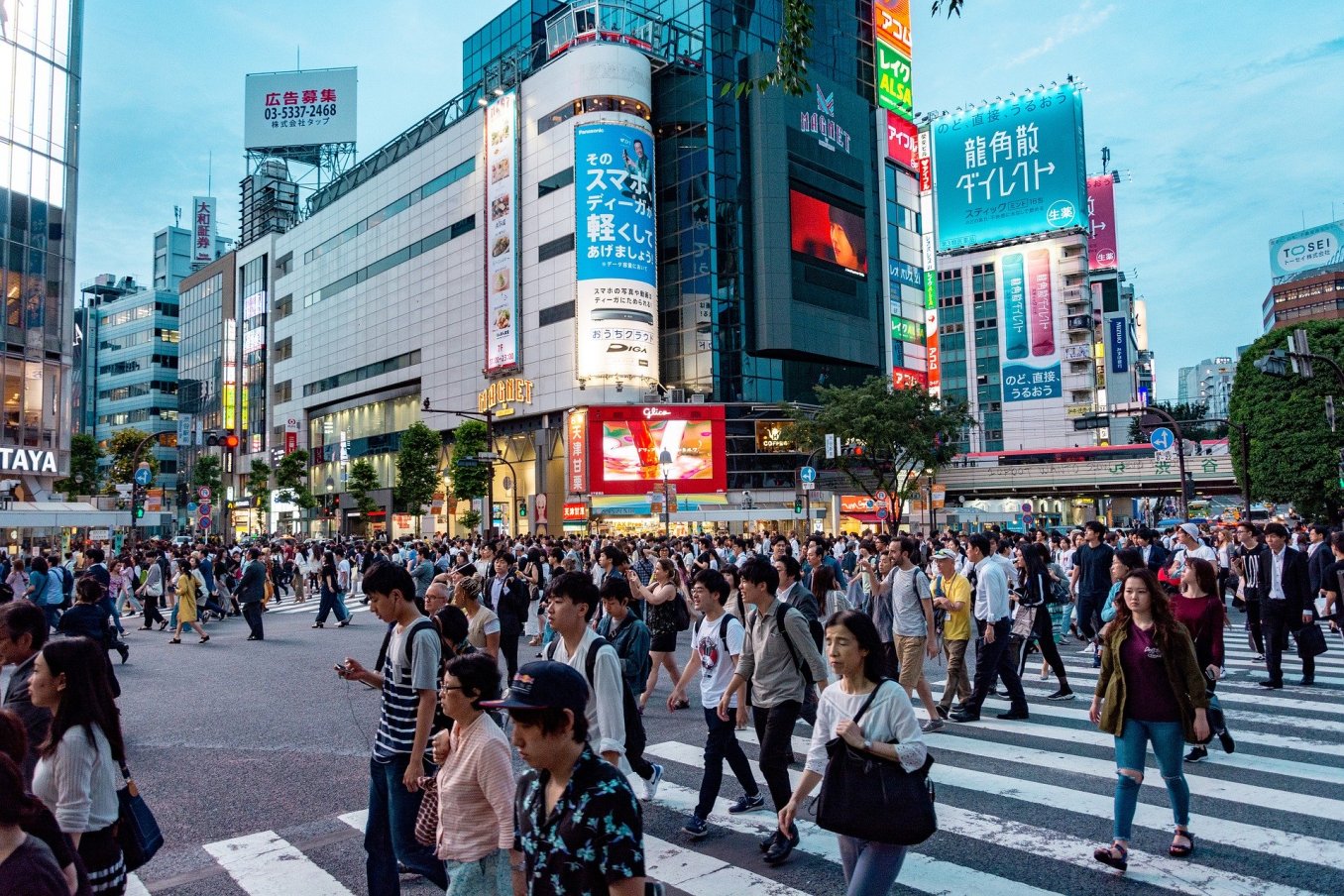
● Greeting one another
The Japanese greet with 'ojigi'. Ojig, which includes messages of apology, thank you, goodbye, good morning, has different applications ranging from a slight head tilt to a 90-degree bend. If the person you greet is someone of a higher level than you, it will be done longer. Handshakes are a rare occurrence among the Japanese.
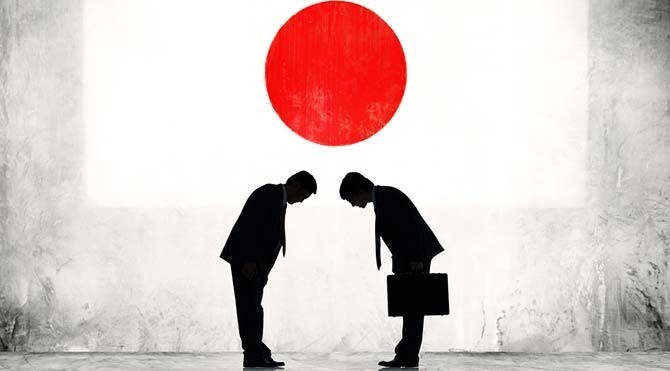
Nowadays we are experiencing the coronavirus epidemic, therefore the greeting made by the Japanese is the best method. It is useful to instill this in our culture. Because if you try to give a Japanese greeting to someone with us, it might get wrong taken the wrong way.
By the way, I will write about the coronavirus in my next article. Get ready. A tight thread is coming.
● Anger management
A nice feature of the Japanese is that no matter how angry they get in public, they never show that they are angry. Even if they believe they are completely right, they apologize. People who get angry and lose themselves are thought to have behaved like a child. In our case, when many people shout, it feels as if they are on top. Being aggressive like this actually shows weakness.
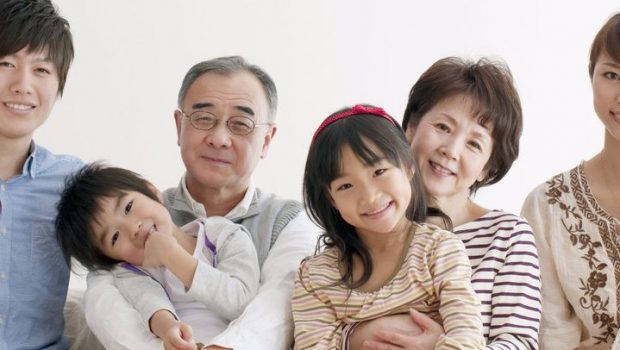
In other words, you cannot find club presidents in Japan who jump to the stands below to show courage to those who talk to them like we do.
● Providing life-related education to students
The facts of life are reminded to students at every opportunity. For example, in Japan, teachers and students clean the classroom and cafeteria areas together. If this was done in our country, first of all the parents would hark up, "How can you have my child clean the school?". Then of course you are bound to see unsatisfied and spoilt children raised whom have no contribution to life.
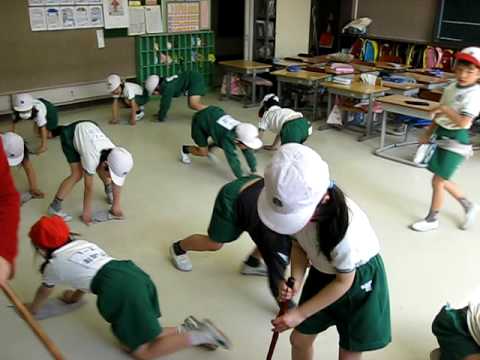
● A culture of non-wastage
They may even give up their comfort in order not to waste. For example, in winter, they only heat the room they are sitting in, they see the rest as waste. Zero waste first starts in the brain.
Of course, if necessary, they also create technologies and models that will prevent waste. There is much more to do in order not to waste and to live in a circular economy. In order to prevent climate change, all people and countries in the 21st century need to model everything according to the circular economy.
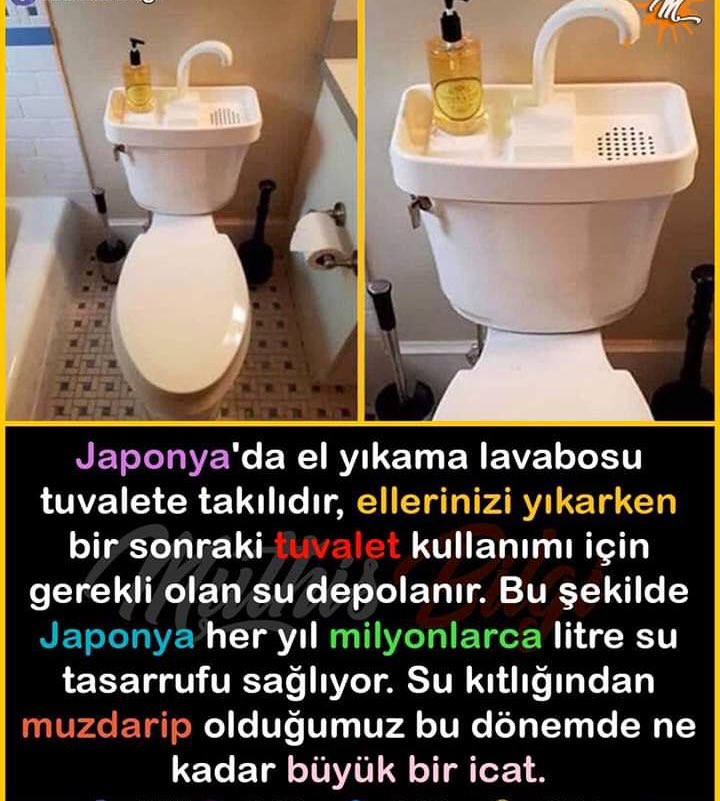
Here is a very simple siphon technology used by the Japanese
● Whoever is good and senior will get the job
Favouritism is out of the question. They always respect and give priority to those who are older and more experienced. Isn't it the opposite of our system? So, nobody in Japan says "who are you from?" and does not evaluate your work according to him.

Here is the Japanese champion Naomi Osaka, who is among the top 10 tennis players in the world as of today, who has recently made her mark in tennis.
● One glance is enough
Verbal or physical violence incidents are very rare. They express all their anger with their gaze. This prevents unnecessary physical fights.
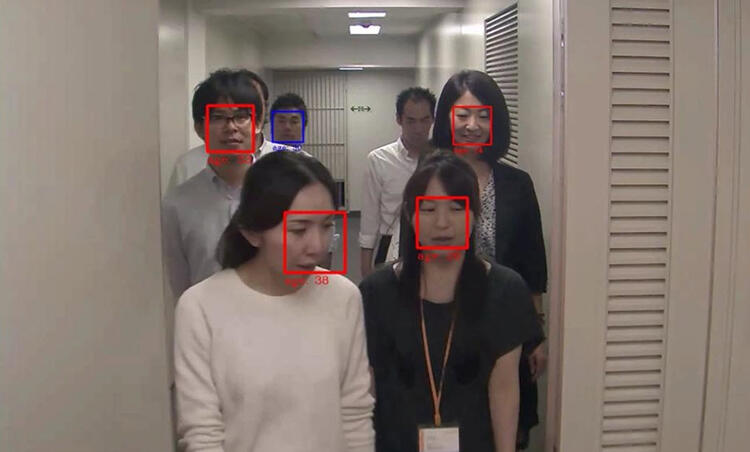
Of course, what I wrote above are the good sides of the Japanese in my opinion. This list goes on even longer. I'm leaving it here for now.
I also have to mention this. As with any culture, the Japanese culture has its drawbacks. However, when we look at the welfare and development level of the country, we can say that the right they do is much more than the wrong ones.
I want to end my article with 5 expressions based on the animal images of the Japanese that I like, which also explain my experiences and are the ones I personally perceive as advice:
1) "Neko wo ou yori sara wo hike" (Sanseidô, 1997: 304)
Instead of banishing the cat, remove the plate. (Not temporary, but permanent solutions should be considered).
2) "Neko wa tora no kokoro wo shirazu" (Shin Kokugo Kenkyûkai, 1994: 294)
The cat cannot know the tiger's heart. (Small-minded people cannot understand the thoughts of great people.)
3) "Tora wa sen ri wo itte sen ri wo kaeru" (Sanseidô, 1997:285)
The tiger goes a thousand miles and returns the same way. (Big thinkers and idealistic people do not fit into narrow patterns.)
4) "İnu ippiki kyo ni hoe banken kore ni wasu" (Tanno, 1999: 48)
If a dog barks into the shadow, ten thousand dogs will bark after him. (People imitate each other without thinking.)
5) "Kiki mo ichiyaku jippo naru atawazu" (Tanno, 1999: 52)
Even a fast horse doesn't go ten paces in a leap. (One should reach his goal slowly and with determination.)
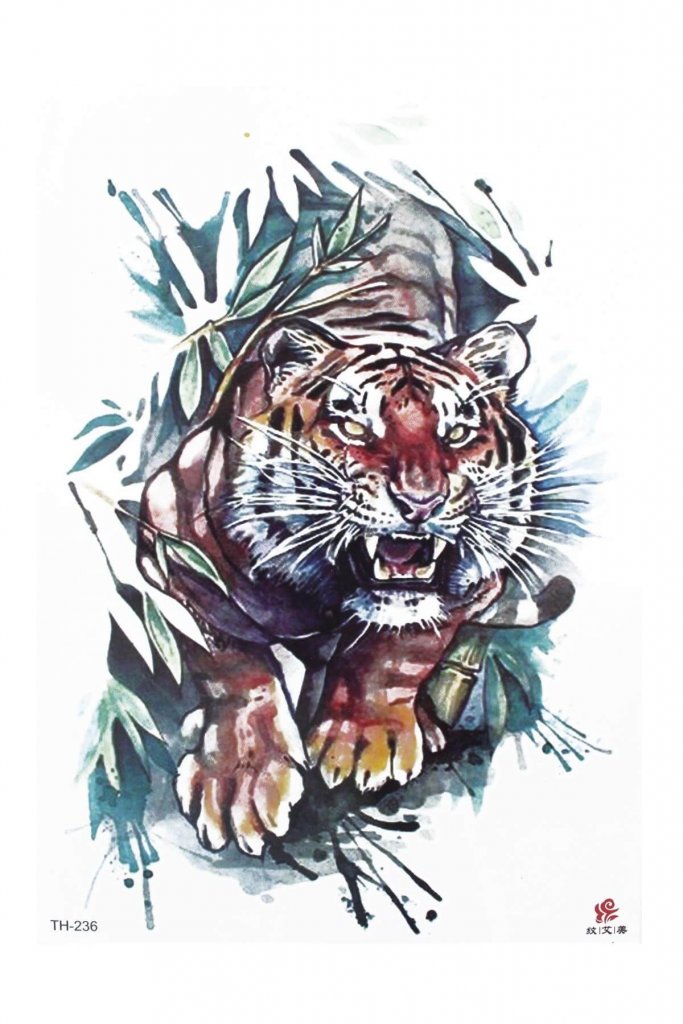
Sources:
https://www.hisglobal.com.tr/haberler/japon-kulturu-ile-ilgili-bilinmesi-gereken-10-bilgi
https://www.neoldu.com/japon-kulturu-hakkinda-merak-edilenler-2125h.htm
https://onedio.com/haber/japonya-hakkinda-ilginc-bilgiler-494849
https://onedio.com/haber/zekasiyla-unlu-japonya-nin-birbirinden-tuhaf-20-gelenegi-781481
https://www.tr.emb-japan.go.jp/files/000237954.pdf
http://uluyama.org/makale/usta-cirak
*I used the following images for the banner image:
1) Combined version of Turkish Japanese flags
2) News titled Turkish-Japanese friendship bridge at Boğaziçi University: https://haberler.boun.edu.tr/tr/haber/bogazicinde-turk-japon-dostluk-kopru
3) Nagatomo, the Japanese football player of Galatasaray: https://www.galatasaray.org/haber/kulup/nagatomo-turk-japon-dostlugunu-pekistiriyor/39259
4) A photo from the school of Naci Özsoy, one of the Karate National Team Coaches, who was a karate teacher of Cüney Arkın, the unforgettable name of action movies in Yeşilçam.
** Thank you to Keiko for the statistical information.
Tag: yaşam






